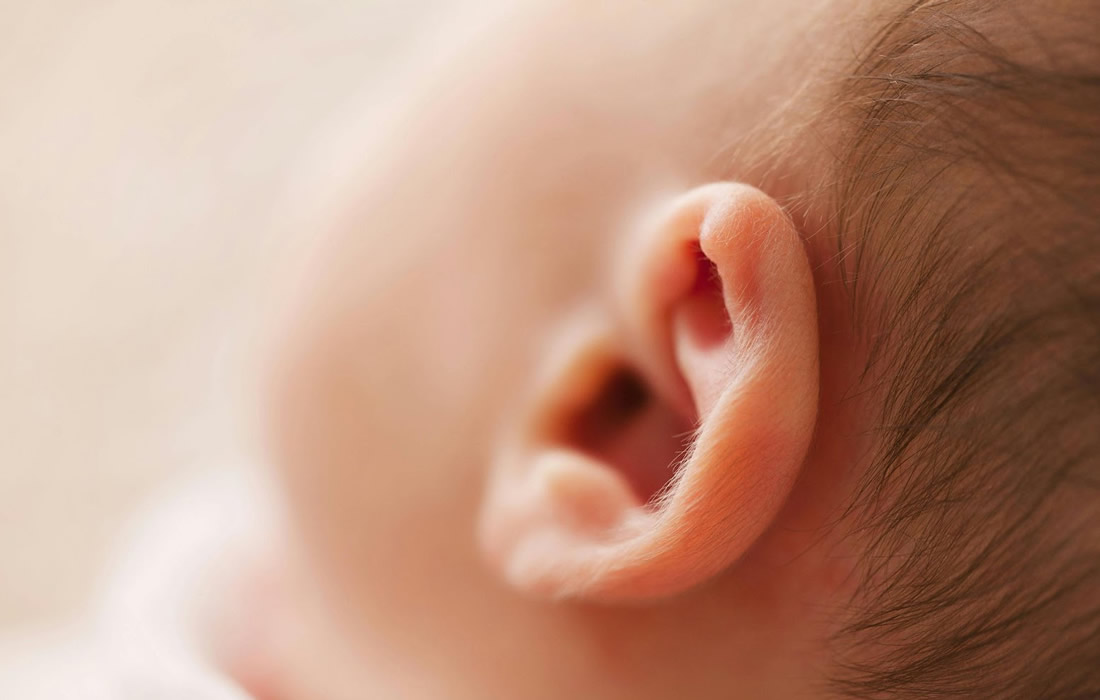Regenerative Medicine News and General Information
Loss of Auditory Nerve Fibers Uncovered in Individuals with Tinnitus
A new study from Mass Eye and Ear investigators shows that individuals who report tinnitus, which present as a ringing in the ears in more than one out of ten adults worldwide, are experiencing auditory nerve loss that is not picked up by conventional hearing tests.
“Beyond the nuisance of having persistent ringing or other sounds in the ears, tinnitus symptoms are debilitating in many patients, causing sleep deprivation, social isolation, anxiety and depression, adversely affecting work performance, and significantly reducing their quality of life,” said senior author Stéphane F. Maison, PhD.
Many individuals with hearing loss report a buzzing, humming, ringing or even roaring sound in their ears.
It’s been a longstanding idea that these symptoms, known as tinnitus, arise as a result of a maladaptive plasticity of the brain.
In other words, the brain tries to compensate for the loss of hearing by increasing its activity, resulting in the perception of a phantom sound, tinnitus.
Until recently though, this idea was disputed as some tinnitus sufferers have normal hearing tests.
However, the discovery of cochlear synaptopathy back in 2009 by Mass Eye and Ear investigators brought back to life this hypothesis as it was evidenced that patients with a normal hearing test can have a significant loss to the auditory nerve.
In view of this paradigm shift in the way researchers and clinicians think about hearing loss, Maison and his team sought to determine if such hidden damage could be associated with the tinnitus symptoms experienced by a cohort of normal hearing participants.
By measuring the response of their auditory nerve and brainstem, the researchers found that chronic tinnitus was not only associated with a loss of auditory nerve but that participants showed hyperactivity in the brainstem.
“Our work reconciles the idea that tinnitus may be triggered by a loss of auditory nerve, including in people with normal hearing,” said Maison.
In terms of future directions, the investigators aim to capitalize on recent work geared toward the regeneration of auditory nerves via the use of drugs called neurotrophins.
“The idea that, one day, researchers might be able to bring back the missing sound to the brain and, perhaps, reduce its hyperactivity in conjunction with retraining, definitely brings the hope of a cure closer to reality,” Maison added.
Sources:
Viacheslav Vasilkov, Benjamin Caswell-Midwinter, Yan Zhao, Victor de Gruttola, David H. Jung, M. Charles Liberman, Stéphane F. Maison. Evidence of cochlear neural degeneration in normal-hearing subjects with tinnitus. Scientific Reports, 2023; 13 (1) DOI: 10.1038/s41598-023-46741-5
Massachusetts Eye and Ear Infirmary. “Loss of auditory nerve fibers uncovered in individuals with tinnitus.” ScienceDaily. ScienceDaily, 30 November 2023. <www.sciencedaily.com/releases/2023/11/231130113221.htm>.
Materials provided by Massachusetts Eye and Ear Infirmary. Note: Content may be edited for style and length.
Images from:
Photo by Burst
https://www.pexels.com/photo/macro-photography-of-babys-ear-374765/

